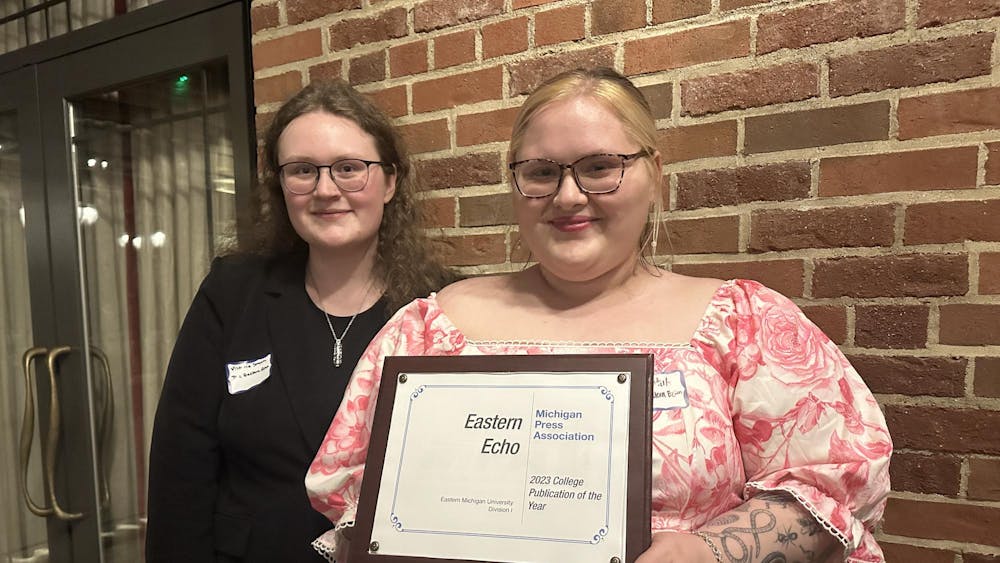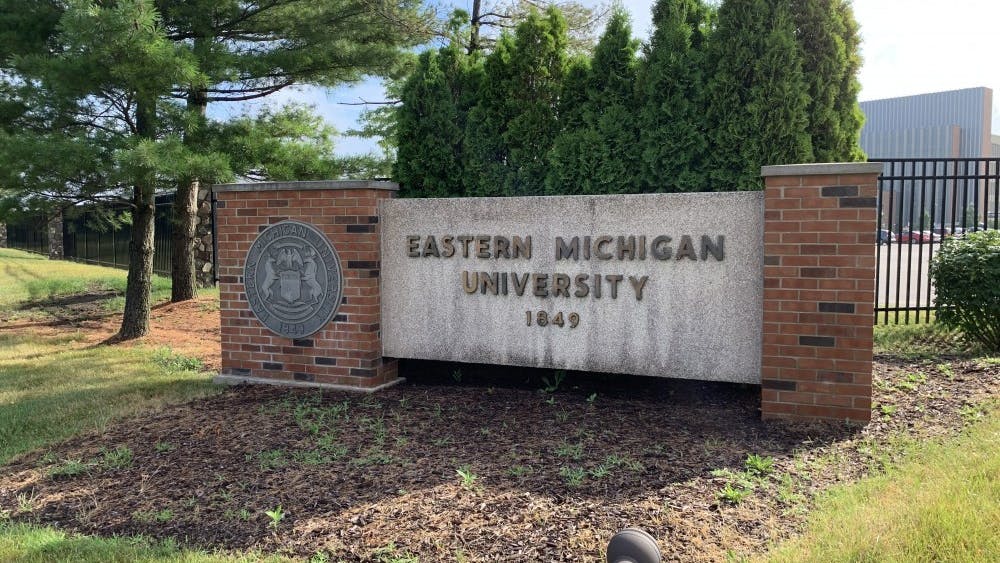Eastern Michigan University is one of a few universities that abstain from animal testing. Instead, EMU uses the data collected in studying animals in humane animal research.
Though EMU is not classified as a research-intensive university by Carnegie standards, it is still considered a research university. A large number of graduate students are required to conduct research as a degree requirement, and the faculty must conduct research to remain employed.
Sonia Chawla, Research Compliance Officer at EMU, was able to address some concerns that could be potentially damaging to the integrity of EMU’s biology department research.
“By policy, EMU does not conduct animal testing, a term typically applied to animals used for commercial, agricultural, or industrial products or purposes,” said Chawla. “We do not currently test, nor has EMU ever tested procedures or substances on animals for commercial endeavors. Instead animals are used in original research, when appropriate, in order to learn about biology.”
The most frequently used animals for research are rats, mice, fish and frogs. EMU has a state-of-the-art animal housing facility, equipped with appropriate veterinary care.
Eastern strives to use the principals labeled in the “Three R’s” of animal research, a format started by the United Kingdom government in 2004.
- Replace animals with other options if it is at all possible. To avoid the use of animals all together is the ideal situation.
- Reduce the number of animals needed. EMU wants to ensure no unnecessary testing is taking place with animal research.
- Refine the experiment to make sure the conditions for the animals are as humane as possible.
Eastern has held an approval status from the Office of Laboratory Animal Welfare for at least 20 years. Universities with this approval status or those universities attempting to receive an approval status are fully inspected twice a year to ensure compliance with OLAW regulations and standards.
EMU researchers want to make sure they are as humane as possible while gathering important information that could potentially save future lives or donate vital information to the public on illness, biology and other fields of study.








